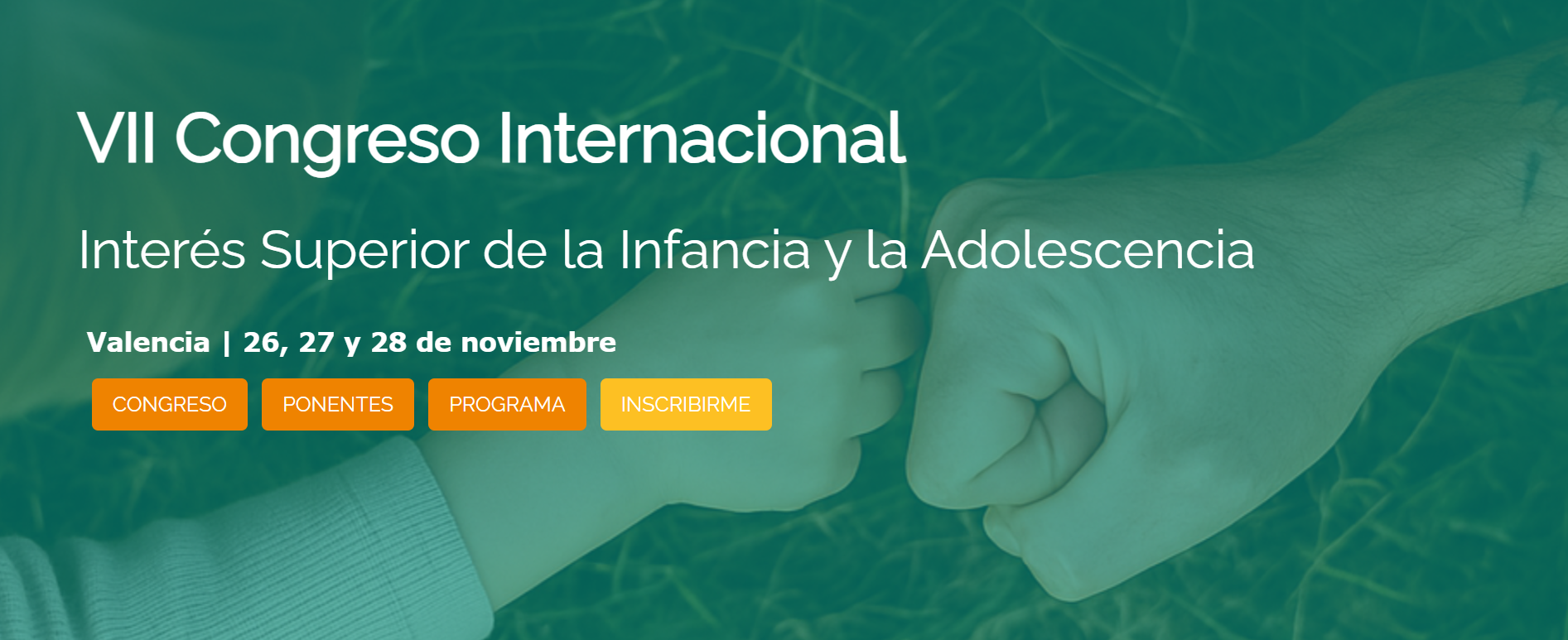New legal framework aims to boost foster care development in Portugal
The key recommendations and discussions from the 4th International Congress on Childhood and Adolescence in Lisbon, Portugal
On 23-25 January 2020, the 4th edition of the International Congress on Childhood and Adolescence was held in Lisbon, Portugal. Eurochild member Sérgio Costa Araújo facilitated a panel at the event on deinstitutionalization, and how Portugal’s new legal framework – introduced at the end of 2019 – aims to give a boost to foster care families.
The panel aimed to discuss the historical momentum behind Portugal’s new regime for implementing family care, as well as provide international expert perspectives on the new legal framework. Sérgio Costa Araújo began the panel with a talk entitled ‘Deinstitutionalisation: comments on the new regime for implementing family care in Portugal – an international perspective’. He highlighted the successes of the Opening Doors final report, and called on the need for the Portuguese government to make use of the coming European Union Budget (the MFF). Sérgio highlighted the need for the Portuguese government to commit to the new decree law they have introduced (number 139/2019), which establishes community-based care as preferential to the placement of children in residential/institutional settings.
Researcher Ana Santos first explained Portugal’s failings towards the transition from institutional to family-based care in the period 2006-2017, explaining that there are presently only 177 foster families in the North of Portugal. In the Lisbon district, Portugal’s capital, there are none. The reason why the number of foster families dropped from 4,069 in 2006 to 177 in 2017 was a lack of political will to prioritize family-based care. Instead residential placements received the support as well as funding. She called on the expansion of the foster care system as an essential step in ensuring that Portugal’s new legal framework can be implemented. 
A graph showing the number of foster families in Portugal from 2006-2017
Véronique Lerch, an independent human rights consultant, presented a speech on ‘New foster care legislation in Portugal through the lenses of international human rights law’. She emphasized that while the new legal framework is a step in the right direction, an implementation plan and outcomes framework must be created. The plan must be written with the consideration of the UN Guidelines for the Alternative Care of Children, and stressed the importance of adequate financing of community forms of care, the involvement of children and young people in all decisions concerning them, as well as their participation in the reforms themselves.
Vânia Pinto, a researcher from Oxford University, presented her findings on the challenges of being a foster carer, and how these barriers may hinder potential foster carers from joining the system. She questioned whether the system adequately explains the worries of potential carers, including:
- If Portugal provides enough financial support for foster carers;
- The re-integration of the fostered child into the family of origin,
- Whether the fostered child will have a sense of belonging and normality in their lives,
- The continuation of contact at the end of the placement,
- And how to adequately respect and promote the competences of children in the placement.
The 5th International Congress on Childhood and Adolescence will be held on January 27-29 2021 in Porto, Portugal. Find out more here.




